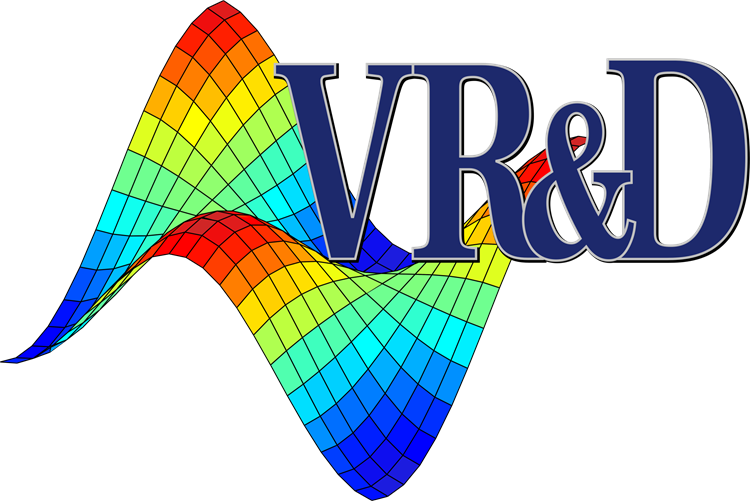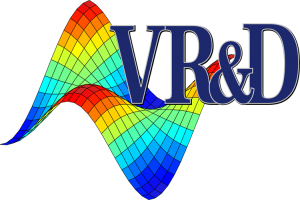This short course is intended to introduce students to techniques for Design of Experiments (DOE). DOE techniques are useful for planning studies in which inputs to a system/process can be varied and the outputs are observed. This course begins with DOE fundamentals and moves to advanced concepts, principles and requirements.
Students will explore efficient planning and analysis methods for determining which inputs have statistically significant effect on outputs. This inludes analysis of variance, full and fractional factorial experiments, etc. The skills from this course can be used to improve products and processes. Upon completion of the course, students will appreciate DOE as a useful tool for the process of understanding a system.
Prerequisites
- Basic knowledge of algebra and calculus is required
- An introduction to VisualDOC would be beneficial
- Some experience in programming would be beneficial
- Working knowledge of probability and statistics would be beneficial
Class Topics
- Principles fundamental to Design of Experiments (DOE)
- Types of DOE
- Regression and Response Surface Models for DOE
- Analysis of Variance (ANOVA) and Residual Analysis
- VisualDOC Implementation of DOE
Class Style
- The instructor will present teaching material and solve examples
- Hands-on exercises will be solved by the students assisted by instructor
- 1 day
- One student per computer
Instructors
- The class will be taught by experts in DOE and optimization
Locations
- Novi, Michigan
- On site
Class Time
- Class begins at 8:30am
Downloads
Design of Experiments DOE Course Description.pdf (223.14 KB)

